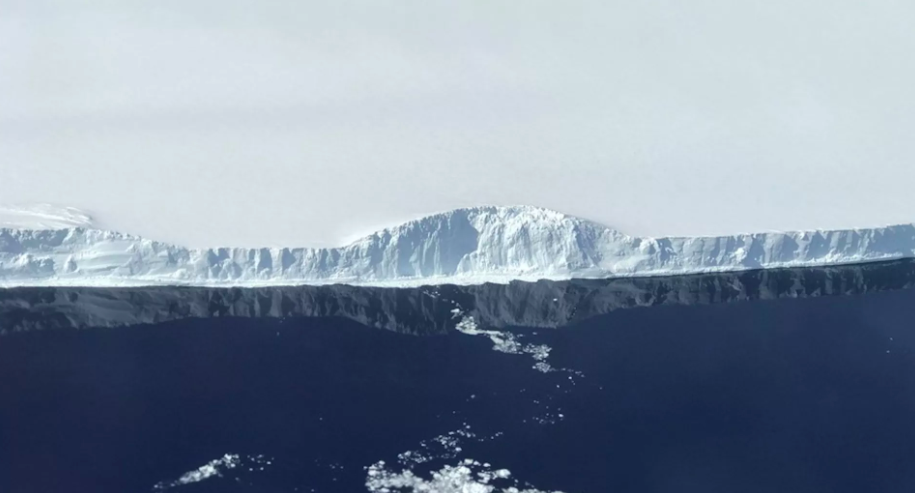
The western edge of iceberg A68 in 2017. Photo: Nathan Kurtz, NASA
A new study published by the National Academy of Sciences delivered some sobering news on Monday — that Antarctica is losing ice at a rate six times faster than it has in the past. According to CNN, the rate of ice loss has increased each decade over the last 40 years — from a loss of 40 gigatons (a gigaton is one billion tons) per year in the decade from 1979 to 1990 to a loss of 252 gigatons per year in the decade from 2009 to 2017. And Axios explained that this finding is important because “previous studies had regarded that part of the continent as stable or not yet undergoing a net loss.”
- Scientists previously believed that snowfall in the interior of Antarctica was a counter the ice loss and thus acted to minimize sea level rise.
- Looking at 176 basins around Antarctica, the science team found that ice was draining into the ocean at an increasing rate but that snowfall in the interior was not increasing.
- Thus they concluded that because there is an imbalance between melting ice and replenishing snowfall, excess snowmelt is flowing into the ocean.
CNN also reported on a second study out yesterday in the journal Nature Geoscience that looked at the history of Antarctic ice and found that when the Earth’s atmosphere was warming 15 million years ago, the melting of Antarctica’s sea ice led to a dramatic melting of its sheet ice causing vast sea level rise. Sea ice creates a barrier to keep the warm ocean water from the sheet ice, but when the sea ice melts then the barrier is gone and more sheet ice melts.
Why This Matters: Antarctic sea ice is currently at its lowest January levels since detailed observations began in 1979, according to the US National Snow and Ice Data Center. These studies show that the more permanent ice in Antarctica is melting and may not return. As CNN put it, both these studies indicate that “current elevated carbon dioxide rates, which have risen to highs never seen by humans due to carbon pollution, could reduce Antarctic sea ice and that barrier could be lost.” Yet another reason why we must cut carbon pollution.
January 15, 2019 » Antarctica, carbon dioxide, climate change, ice, ice sheet, melt, pollutions, sea ice


